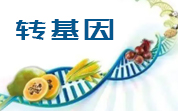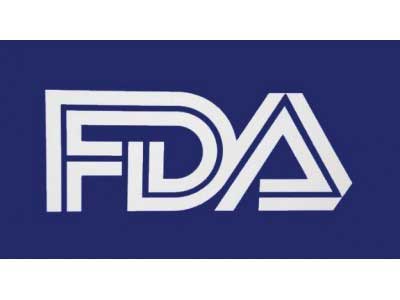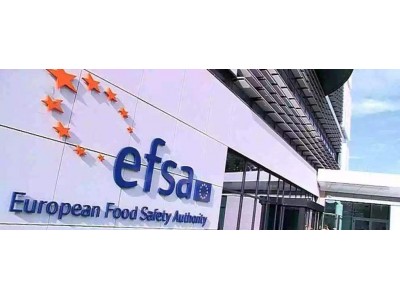йЈҹе“ҒдјҷдјҙзҪ‘еҜјиҜ»пјҡ2003е№ҙ欧зӣҹиҰҒжұӮеңЁйЈҹе“Ғж Үзӯҫдёӯж ҮжіЁе…¶дёӯеҗ«жңүзҡ„иҝҮж•ҸжәҗпјҢ2009е№ҙпјҢ欧зӣҹйЈҹе“Ғе’ҢйҘІж–ҷеҝ«йҖҹйҖҡжҠҘйў„иӯҰдёӯжңүе…іжңӘж ҮжіЁзҡ„иҝҮж•Ҹжәҗж–№йқўзҡ„йҖҡжҠҘжҳҫи‘—еўһеҠ пјҢдё»иҰҒжҳҜжңӘж ҮжіЁзҡ„еҘ¶еҲ¶е“ҒжҲҗеҲҶе’ҢзЎ«й…ёзӣҗгҖӮ
еҺҹж–ҮжҠҘйҒ“пјҡ2009 saw a significant rise in EU allergen warnings relating to undeclared milk ingredients and sulphites, according to the annual report of union food safety reporting body the RASFF.
The RASFF (Rapid Alert System for Food) provides a system for reporting food safety issues within the EU, and notifies the Commission and member states of serious or indirect risks to human health from food or feed within the EU.
It records border rejections of imports, consumer complaints, notifications from food companies on potential safety issues and food poisoning cases; all the instances that could lead to the Commission banning certain ingredients or foodstuffs.
According to the RASFF, the number of notifications regarding undeclared allergenic substances had “grown steadily” since 2003, when Directive 2003/89/EC set out amended rules on the labelling, presentation and advertising of foodstuffs.
The 2003 directive added a list of allergenic substances that must be mentioned on food labels if ingredients contain them, with the aim of ensuring EU-wide protection of consumers at risk of potentially life-threatening allergic reactions.
Undeclared milk ingredients
The RASFF’s 2009 report said: “The number of notifications on allergens jumped well above the 100-mark in 2009 [to 127]…mainly due to the higher reporting of undeclared milk ingredients.
“Most of these notifications report the presence of milk ingredients in products containing dark chocolate, the majority of which were reported by Austria, which has carried out a sampling programme on this.”
The report details 60 milk ingredient safety notifications as follows during 2009: 12 instances in cereals and bakery products, 33 in cocoa, coffee and tea, five in dietetic foods and food supplements and four in prepared dishes and snacks.
The second most reported allergens, in 20 notified cases, were undeclared sulphites: nine notifications were recorded in crustaceans, five in fruit and vegetables, two in prepared dishes and snacks and one in soups, broths and sauces.
The report distinguishes between cases where undeclared sulphites are not mentioned on labels, and cases of unauthorised or unduly high levels in the event of food additive use; it only classifies“undeclared sulphites” as an allergen-type problem.
General notifications
One reason for an overall rise in RASFF notifications included an increasing number in third-part countries reporting potential food safety issues, said the report.
As a partial member of RASFF since January 2009, Switzerland was the source of 15 notifications, while the US provided two and Canada one.
In 2009 the RASDD transmitted 3,322 notifications in total to the Commission and member states, of which 1,796 were market notifications, 1,484 border rejections and 42 news notifications.
зӣёе…іж”ҝзӯ–и§ЈиҜ»











 ең°еҢәпјҡ
ең°еҢәпјҡ






 йІҒе…¬зҪ‘е®үеӨҮ 37060202000128еҸ·
йІҒе…¬зҪ‘е®үеӨҮ 37060202000128еҸ·



